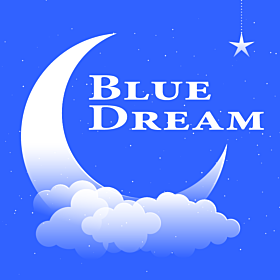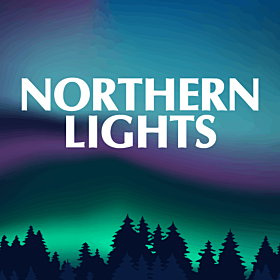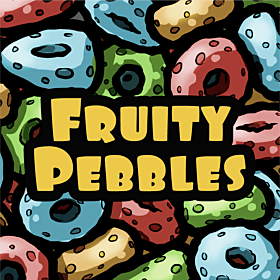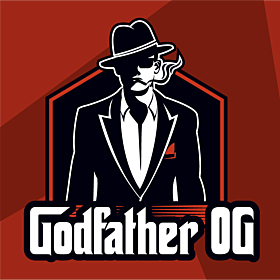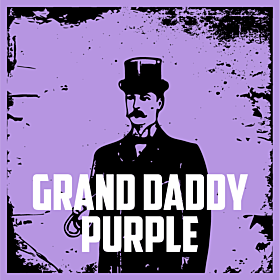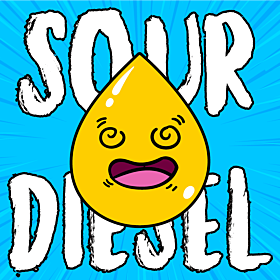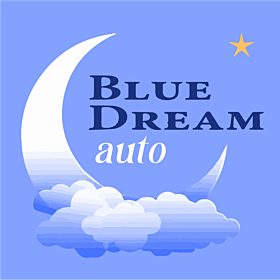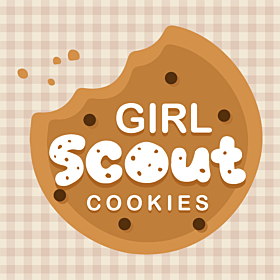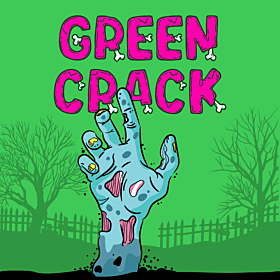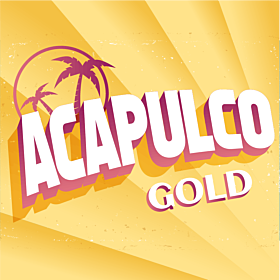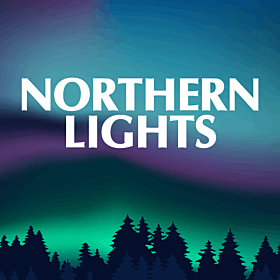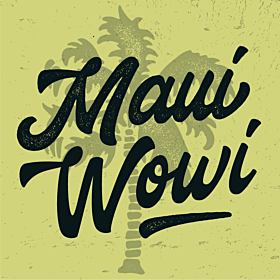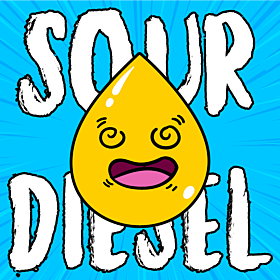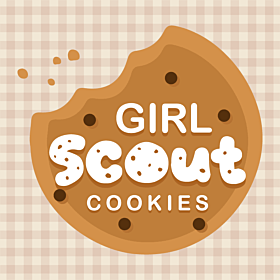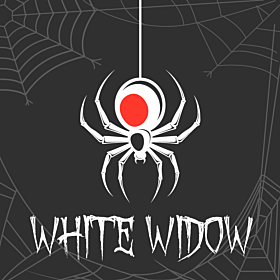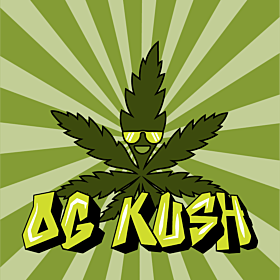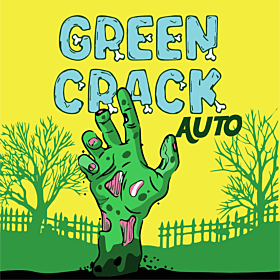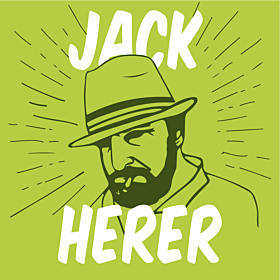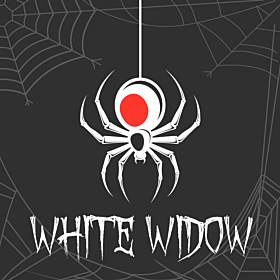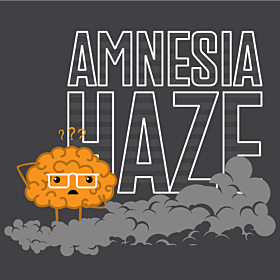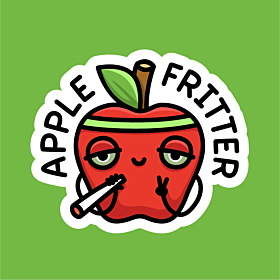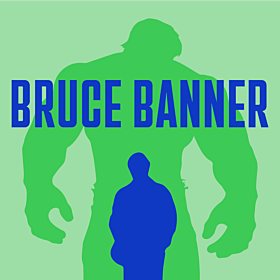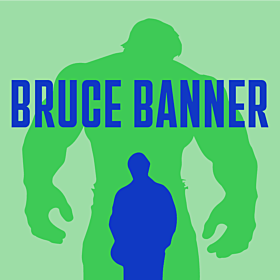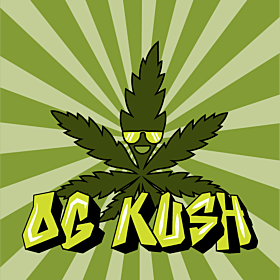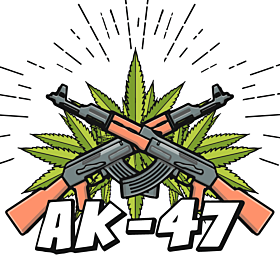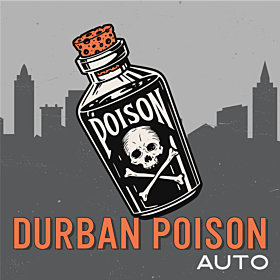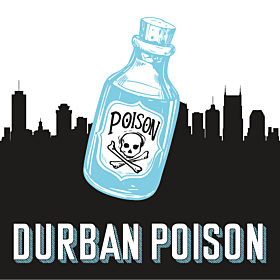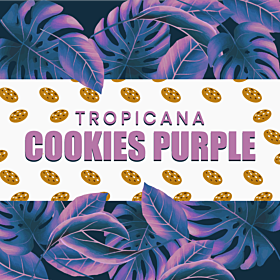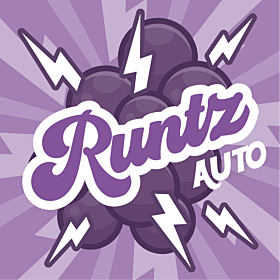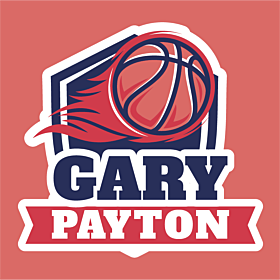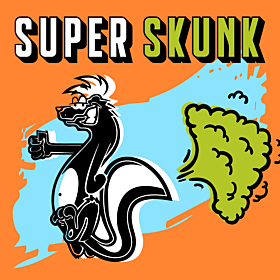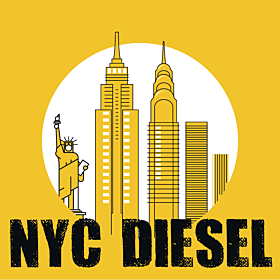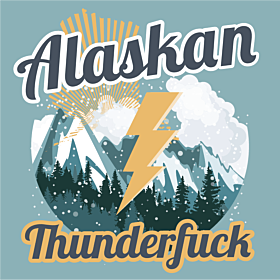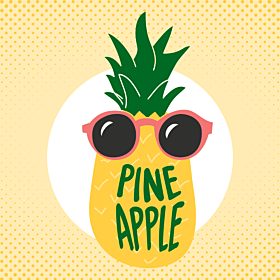New York
Cannabis seeds for sale in New York
Bottom Line:
Medical cannabis has been legal in New York for several years, though recreational cannabis remains illegal. However, it is widely expected that recreational use will be legalized state-wide within the next couple of years.
New York State officially classifies all cannabis with a THC content above 0.3% illegal for recreational use. However, possession of small quantities of cannabis was decriminalized some time ago. In addition, New York has a relatively robust medical marijuana framework in place. Previous attempts to legalize recreational cannabis have failed, though it is likely a future initiative will bring recreational cannabis onto the scene in New York by 2021.
When Was Cannabis Decriminalized in New York?
One of the first North American states to formally decriminalize cannabis, New York significantly reduced penalties for the possession of no more than 25g of cannabis in 1977. However, possession of cannabis in public view remained a misdemeanour. This was considered a loophole by civil rights advocates, ultimately leading to a disproportionate number of cannabis-related arrests. In fact, approximately 525,000 people were arrested for minor cannabis possession crimes between 1997 and 2010. The civil rights lawyers arguing that at least 80% of these arrests involved black and Latino citizens, despite studies having shown that cannabis use was more prevalent among whites.
It wasn’t until 2014 that New York City mayor Bill de Blasio gave a direct order to the NYPD to stop arresting people for low-level cannabis offenses, issuing tickets instead. District attorneys in Manhattan and Brooklyn pledged once again in 2018 to continue with the state’s relaxation of punishments for low-level cannabis possession and consumption.
When Was Medical Cannabis Legalized in New York?

New York introduced its medical cannabis policy relatively late. Governor Andrew Cuomo signed legislation in July 2014, which would allow qualifying patients to access medical cannabis for the first time. However, the new medical cannabis policy made it clear that smoking would be forbidden as a medical cannabis consumption method. Five contracts were awarded to commercial cannabis cultivators, each of which would be permitted to open a maximum of four dispensaries.
What About Recreational Cannabis?

An extensive study into the potential effects of recreational cannabis legalization was carried out in New York in 2018. Conducted by the state’s Department of Health, the study analysed the potential economic, public health and public safety benefits of widespread legalization. Acting on the data produced, the Department of Health for New York formally recommended the legalization of recreational cannabis. One of the reasons it is widely expected that recreational cannabis legalization will take place within the next couple of years, though nothing has been formalized as of yet.
So, Only Medical Cannabis is Legal in New York?
For the time being, only medical cannabis can be legally purchased and consumed in New York. Medical cannabis was officially legalized in July 2014, when the new Compassionate Care Act was signed into law. However, commercial medical cannabis sales didn’t commence until considerably later.
Are There Age Restrictions on the Program?
New York’s medical cannabis program is open to qualifying adults and children of all ages. However, an individual can only submit an application on their own behalf if they are over 18 years of age. Otherwise, a parent or legal guardian aged at least 21 years of age must submit their application on their behalf. Parents, legal guardians and caregivers then summarily take responsibility for the procurement and provision of the minor’s medical cannabis consumption.
How Long Will My Medical Cannabis Card Be Valid For?

The vast majority of medical cannabis cards are issued for one year, after which an application for renewal must be submitted. However, there are exceptions for patients diagnosed with terminal conditions, who may continue to use their medical cannabis permits indefinitely.
What Are the Purchase and Possession Restrictions In New York?
There are no formal restrictions placed on specific cannabis quantities in New York, given how patients have different requirements and recommendations from their physicians. Officially, patients are permitted to purchase and possess a maximum of a 30-day supply of medical cannabis at any one time. It is up to your doctor to decide exactly how much you need, which will constitute your maximum purchase restriction.
Where Can I Buy Medical Cannabis in New York?

New York has a reasonably extensive network of registered cannabis dispensaries, which are positioned within easy reach of most major towns and cities. Simply search for your nearest dispensary online, or request advice from your prescribing physician.
I’m Not a New York Resident – Can I Still Apply?
New York’s medical cannabis policy extends to individuals from outside the state, who may apply for a medical cannabis card like any other local resident. However, multiple forms of identification and proof of residency may be required – typically in the form of one or more of the following:
- Copy of a current lease
- Utility bill
- Hospital bill
- Other Department approved documents
Is Smoking Medical Cannabis Forbidden in New York?
Interestingly, New York has joined a handful of states in placing restrictions on the permitted methods by which therapeutic cannabis can be consumed. Having singled out smoking as the least healthy consumption methods, official cannabis policy forbids medical cannabis users from smoking cannabis flowers. Instead, one of the following consumption methods must be used:
- Vape Pens
- Tinctures or other sublingually administered products
- Capsules, tablets, lozenges
- Topicals such as transdermal patches, lotions and ointments
Hence, smoking cannabis in any form and for any purpose technically remains illegal – even for authorized medical cannabis patients.
Where Is Cannabis Consumption Prohibited in the State?
For the most part, it is illegal to consume cannabis in any public place in New York. The legislation extends to all forms of cannabis consumption, incorporating these locations and properties among others:
- Job sites
- Bars and Food service establishments
- Enclosed indoor public spaces
- Public mass transit vehicles
- Boarding areas
- Youth centers
- Detention centers
- Group homes
- Residential treatment facilities
- Colleges and universities
- General hospitals
- Commercial establishments
- Indoor arenas
Medical cannabis users in general are advised to limit their consumption to their own private property.
Can I Use A Different State-Issued Cannabis Card In New York?
While it’s possible for residents of other states to apply for a cannabis card in New York, there is no allowance for out-of-state cannabis permits being used in the state’s licensed dispensaries. Carrying or consuming cannabis with anything other than a New York-issued medical cannabis ID is therefore illegal.
Can I Grow My Own Medical Cannabis In New York?
Unfortunately, New York is yet to introduce any allowances for medical cannabis patients to cultivate their own cannabis at home. As things stand today, all forms of cannabis cultivation without appropriate license are illegal. Medical cannabis can only be obtained from the state’s licensed dispensaries.
How Can I Apply for a Medical Cannabis Card in New York?
New York’s medical cannabis registration system follows the same standards as most other states, beginning with a consultation with a licensed physician. You’ll first need to check that the doctor in question supports medical cannabis use and will therefore provide you with a recommendation, subject to your subsequent diagnosis. If you are diagnosed with a qualifying medical condition, you will then be able to submit your application for a medical cannabis card online.
What Are the Qualifying Conditions for Medical Cannabis In New York?
The state of New York has to date acknowledged 13 chronic and terminal medical conditions as suitable for treatment with medical cannabis. Those conditions are as follows:
- ALS (Lou Gehrig's Disease)
- Cancer
- Chronic Pain
- Epilepsy
- HIV
- Huntington's Disease
- Inflammatory bowel disease (IBD)
- Intractable spasticity due to spinal cord damage
- Multiple Sclerosis (MS)
- Neuropathies
- Parkinson's Disease
- Post Traumatic Stress Disorder (PTSD)
However, there is a certain amount of flexibility with the conditions and symptoms considered eligible, in accordance with the recommendations of your physician. It is still possible to qualify for medical cannabis card without being diagnosed with any of the above, though it can be a difficult and time-consuming process. Speak to your physician for more information.
What Are New York’s Laws on Driving while Using Medical Cannabis?
The rules on cannabis-related DUIs are relatively simple – driving under the influence of cannabis is strictly forbidden and heavily punished. Along with the same penalties that apply to alcohol-related DUIs, individuals caught driving under the influence of cannabis may also be penalized for illegal possession, consumption or intent to supply. It is therefore unadvisable to operate any motor vehicle whatsoever, while under the influence of cannabis.
Will New York Legalize Recreational Cannabis?
With the way things are going right now, it’s entirely plausible that recreational cannabis will have been legalized in New York within the next couple of years. Legislators, public health groups and a growing proportion of New York residents have all voiced their support for new recreational cannabis legislation. Hence, it’s more a case of when cannabis will be legalized in New York, rather than if.
